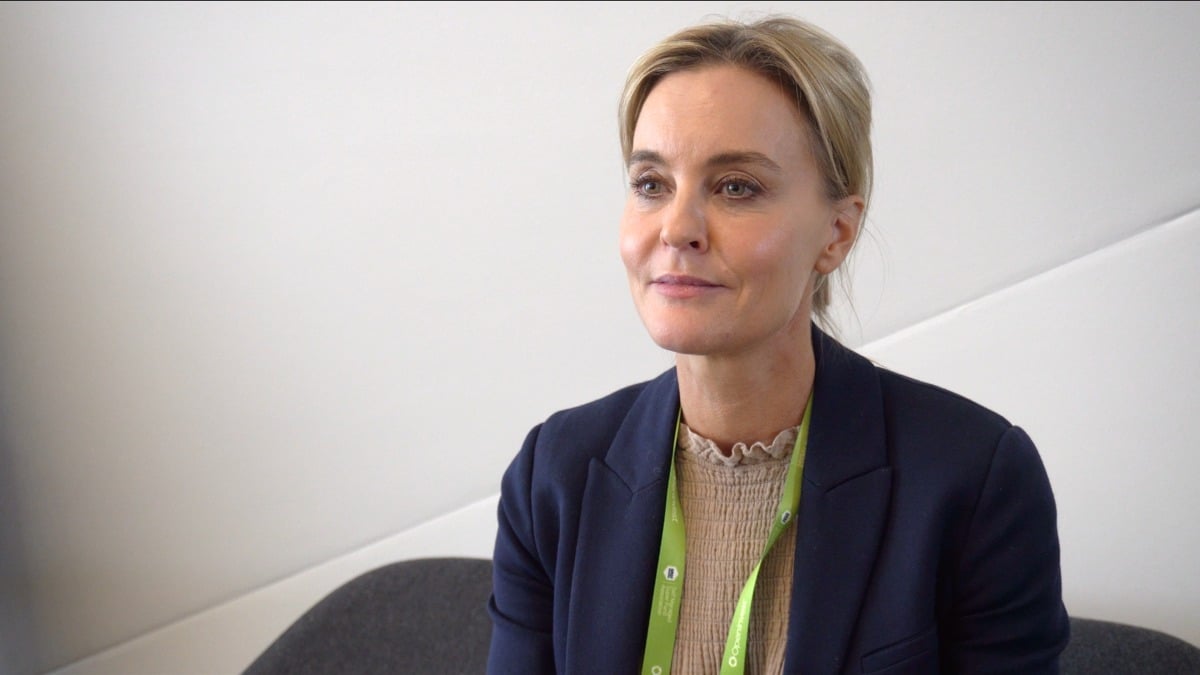Dr Jane Lonie from Autonomy First discusses some of the key aspects of cognitive impairment that retirees should be aware of, and why it is prudent to have a plan for cognitive decline.
Transcript
What are the key aspects of cognitive decline that SMSF trustees should be aware of?
I think the first thing that can come as a surprise to a lot of people is longitudinal course of dementia and neurodegenerative disease. So what I mean by that is, it’s important to understand that we don’t sort of go to bed one night, cognitively crisp, and then the next morning wake up with dementia. The changes actually occur over a number of decades in the brain and even prior to the point at which dementia process is diagnosed.
Typically individuals go through what we call a mild cognitive impairment phase, and at that level, where the changes in cognition are more mild but don’t amount to a frank dementia, there are already declines in an individual’s ability to manage more complex financial matters and in particular make financial judgments that are complex.
Are there any early warning signs of cognitive impairment?
Look, I think this is one of the big difficulties in this area, and that is recognising when these subtle changes start to occur. And to be frank, it is very difficult. Around about 50% of dementia diagnoses are missed by GPs in developed countries. So what that means is that there are a lot of individuals over the age of 60 and to be precise, by the time we get up to the age of 70, between the age of 70 and 90, around 37% of us have this mild cognitive change. But as I say, is enough to impact on financial decision-making capacity.
There are not necessarily any obvious signs at that point, and I think that’s what makes it difficult, but it also makes it really imperative for us to ask the right questions and to really sort of, I suppose, be aware that there may be changes in complex decision-making capacity. So I think no, it’s probably the answer to that. There are no obvious signs often and we can’t rely on appearance or somebody’s conversational skills to tell us that.
Are there any myths about cognitive decline that you would like to dispel?
So just touching on what I sort of mentioned in the last point, and that is that there is a sort of almost a look of dementia or a look of a non-competent client, so that doesn’t exist. People do tend to present very well into the moderately advanced stages of dementia. As I say, these changes are not black and white, so dementia is not an all or nothing thing. Decision making capacity, financial decision-making capacity is not an all or nothing seeing. There’s a lot of grey in this.

Free eBook
SMSF investing essentials
Learn the essential facts about the SMSF investment rules, how to create an investment strategy (including templates) and how to give your strategy a healthcheck.
"*" indicates required fields
So don’t expect to be able to see dementia and don’t expect to be dealing with people who are clearly impaired. We’re more likely to encounter people who have difficulties with some aspects of decision making, but perhaps can manage more simple level matters.
Is it prudent for all SMSF trustees to have a plan for cognitive decline?
I think it is, and I would say that just from a purely statistical point of view. The reality is that over 50% of trustees are over the age of 60. We know that one in ten individuals who are over the age of 60 have dementia. We know that increases to one in three by the age of 85 and we’ve got a 50/50 chance unfortunately by the time we’re 90. So look I think the stats are there’s that tell us that really it is the prudent thing to do to have a backup plan in place.
Dr Jane Lonie is a consultant clinical neuropsychologist at Autonomy First.
This interview took place at the 2022 SMSF Association conference where SuperGuide were guests of the SMSF Association.

Leave a Reply
You must be logged in to post a comment.